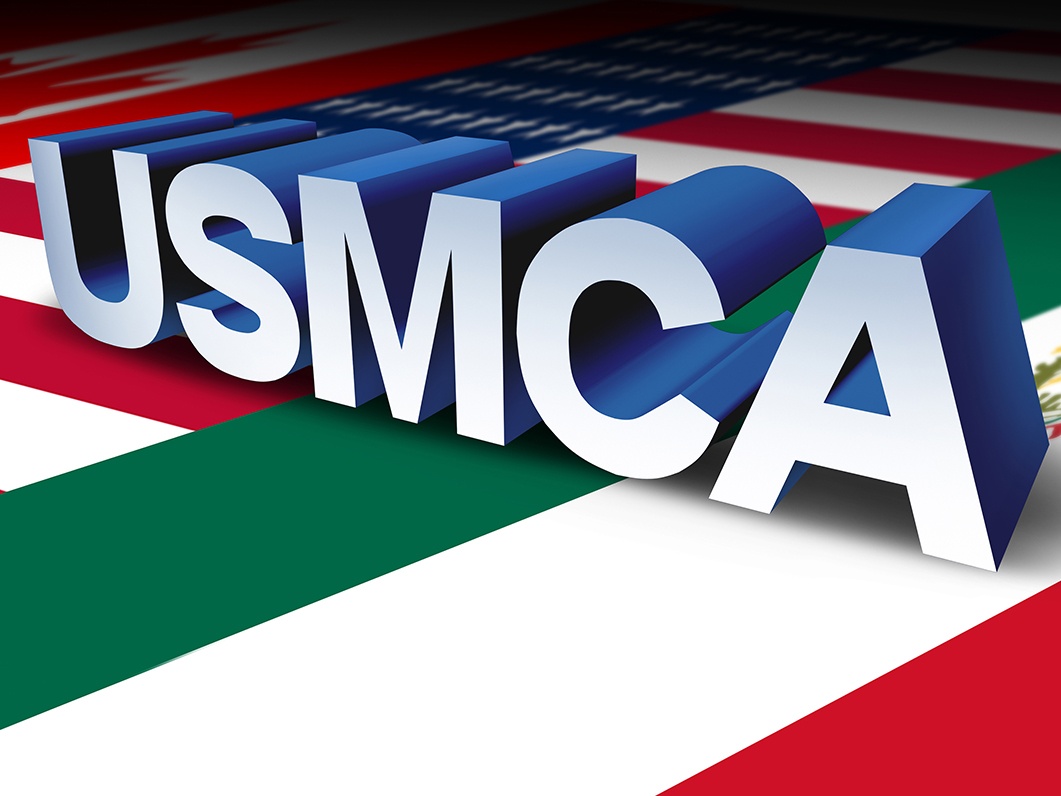In an encouraging and unilateral show of support, all former Secretaries of Agriculture since the Reagan Administration came together to voice their approval of the United States-Mexico-Canada Agreement.
A press release from the office of Agriculture Secretary Sonny Perdue on Sept. 19 said, “In a letter to Congressional leaders, former Secretaries John Block (Reagan), Mike Espy (Clinton), Dan Glickman (Clinton), Ann Veneman (W. Bush), Mike Johanns (W. Bush), Ed Shafer (W. Bush), and Tom Vilsack (Obama) underscored the importance of passing USMCA saying, ‘We need a strong and reliable trade deal with our top two customers for U.S. agriculture products. USMCA will provide certainty in the North American market for the U.S. farm sector and rural economy. We strongly support ratification of USMCA.’
Secretary Perdue followed up the announcement by saying, “President Trump has fulfilled a promise, which many said couldn’t be done, to renegotiate NAFTA and improve the standing of the entire American economy, including the agriculture sector. Support for USMCA crosses all political parties, specifically when it comes to the agriculture community, and I am proud to stand side by side with former agriculture secretaries who agree USMCA is good news for American farmers. I commend President Trump and Ambassador Lighthizer, for their perseverance, leadership, and hard work to get USMCA across the finish line.”
The release went on to note, “USMCA will advance United States agricultural interests in two of the most important markets for American farmers, ranchers, and agribusinesses. This high-standard agreement builds upon our existing markets to expand United States food and agricultural exports and support food processing and rural jobs.
Canada and Mexico are our first and second largest export markets for United States food and agricultural products, totaling more than $39.7 billion food and agricultural exports in 2018. These exports support more than 325,000 American jobs.
“All food and agricultural products that have zero tariffs under the North American Free Trade Agreement (NAFTA) will remain at zero tariffs. Since the original NAFTA did not eliminate all tariffs on agricultural trade between the United States and Canada, the USMCA will create new market access opportunities for United States exports to Canada of dairy, poultry, and eggs, and in exchange the United States will provide new access to Canada for some dairy, peanut, and a limited amount of sugar and sugar-containing products.”


